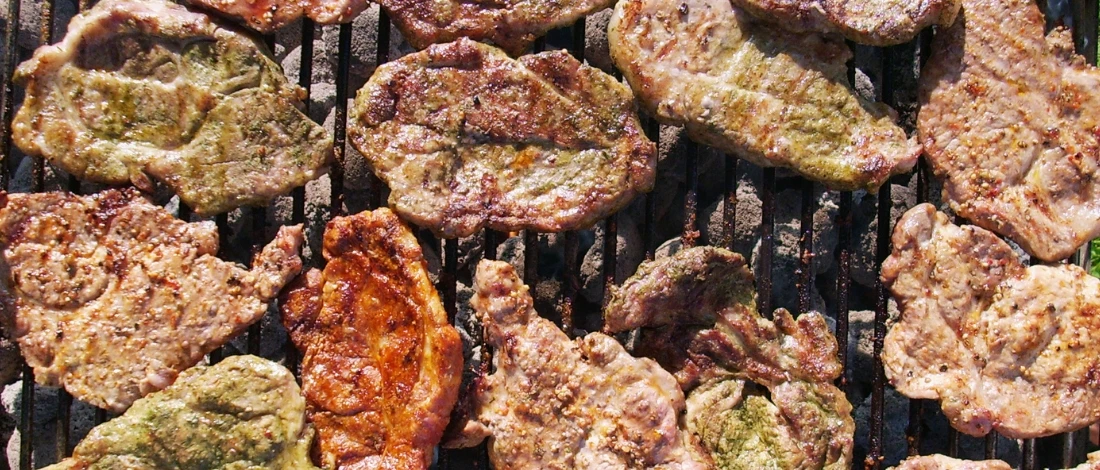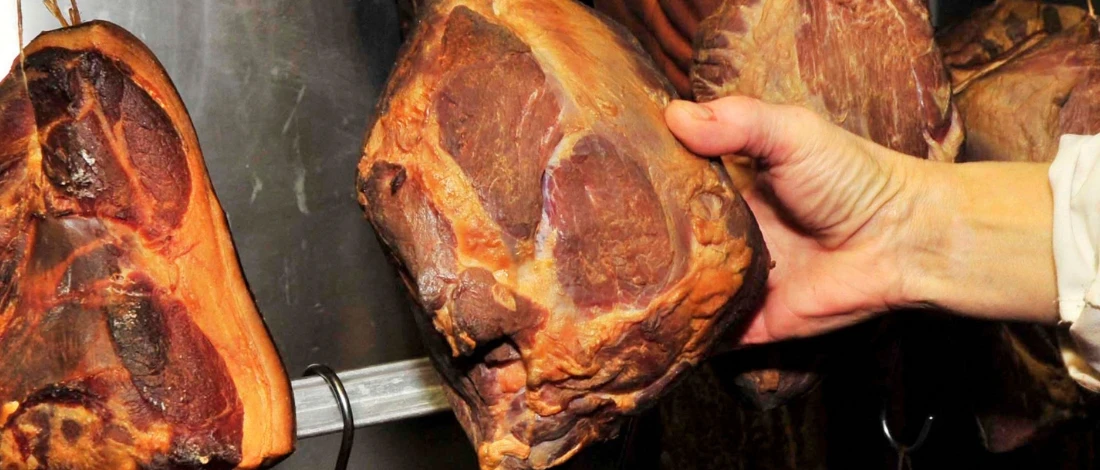New Study Reveals Humans Thrived as Top Carnivores for 2 Million Years
For millions of years, our ancestors ruled the food chain as apex meat-eaters, according to groundbreaking research published in the American Journal of Physical Anthropology.
The study, led by anthropologists from Tel Aviv University and the University of Minho, challenges long-held beliefs about early human diets.
Ancient Diets Misunderstood
Modern perceptions of hunter-gatherer diets may be skewed, the researchers argue. Plant remains rarely survive, unlike bones or tools, leaving gaps in our understanding.
Miki Ben-Dor, a lead researcher, explains: “Human behavior changes rapidly, but evolution is slow. The body remembers.”
The team used innovative methods to study ancient human diets. They examined metabolism, genetics, and physical traits preserved in the human body. Their findings suggest humans were predominantly carnivorous until about 11,700 years ago.
“Our digestive systems mirror those of higher carnivores,” Ben-Dor notes, emphasizing traits like strong stomach acid and high energy needs.
The Meat-Eating Mastery
Early humans thrived on large prey such as mammoths and giant sloths. These massive animals once roamed in abundance during the last Ice Age. With sharp tools and unmatched endurance, Homo sapiens dominated these ancient landscapes.
The study also highlights the importance of fat in early diets. Humans have evolved to efficiently store and burn fat, much like predators. Unlike herbivores, whose genomes adapt for sugar-rich diets, humans adapted for fat-rich nutrition.
Chemical analysis of fossils supports this claim, revealing heavy reliance on meat. While some localized groups consumed plants, the global picture tells a meat-heavy story.
A Shift in the Food Chain
As large animals dwindled after the Ice Age, diets began to shift. The rise of agriculture introduced plant-based consumption, reshaping food systems and human culture.
While the study doesn’t dictate modern eating habits, it underscores the centrality of meat in human evolution. For carnivores today, it’s a reminder that embracing our ancient roots might not just be tradition—it could be natural.
Curious about how ancient diets shape our understanding of modern meat consumption? Visit our homepage to explore the history and science behind meat-eating.






